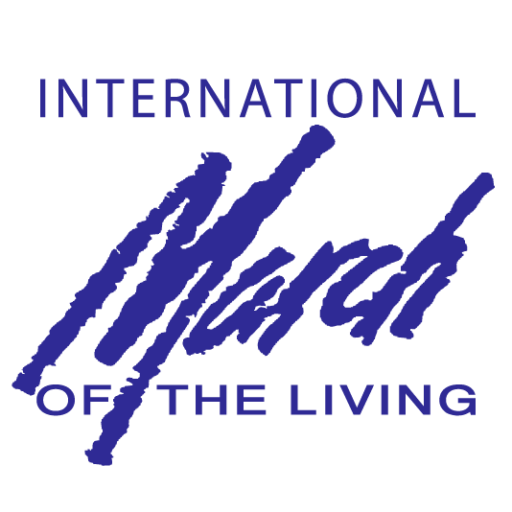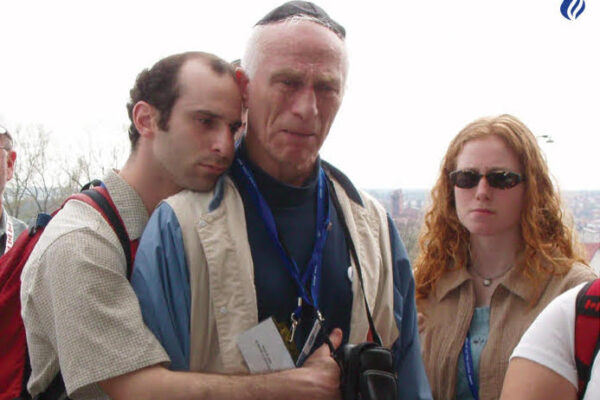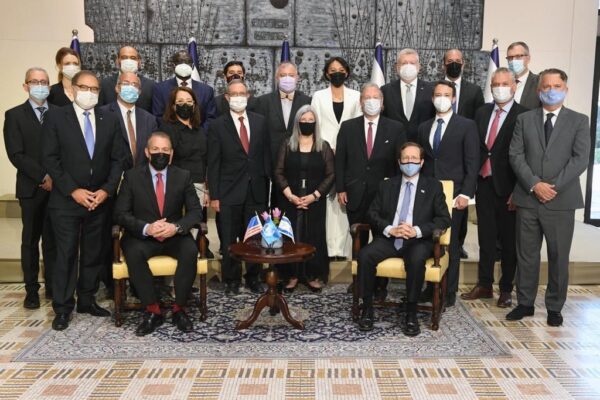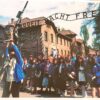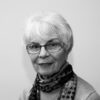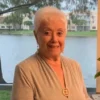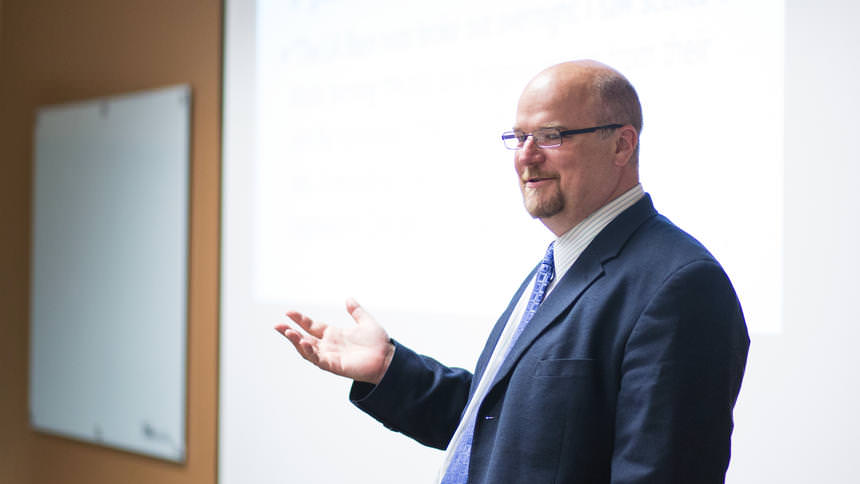
At some point in nearly everyone’s lives, there’s a “black swan” that comes along and shatters their worldview, just as it did when Europeans at one point assumed all swans were white.
For Doyle Stevick, that “black swan” was a student of his who seemed lost. The student recently had failed his class and didn’t bother to take the final exam, throwing it in the trashcan instead of filling it out.
Doyle, who at that time was teaching Greek and Latin classics, didn’t think much about that student until he later saw him on CNN, driving around Chicago in a shooting spree, killing two and injuring 11.
“That then shook up everything I thought I understood about education and the potential of education,” Stevick said.
That event spurred Stevick, an associate professor at the University of South Carolina, to begin researching what kind of education it takes to change attitudes, particularly how the Holocaust is taught around the world. If that student, who was a white supremacist, had been taught a different way, maybe that incident could have been prevented, Stevick wondered.
Stevick will give a lecture titled the “The Promise and Perils of Teaching the Holocaust: What the Research Tells Us” from 7 to 8:30 p.m. today in the East Asia Room of the Chester Fritz Library.
Stevick worked with the International Holocaust Remembrance Alliance and served as the senior researcher for a six-person project to explore the teaching and learning of the Holocaust in 15 languages. His speech this evening will focus on that research and the conclusions the group found.
“One of the most powerful educational experiences that students report is hearing from a Holocaust survivor in class,” he said. “But it’s hard to research what kind of changes happen. Does it change stereotypes? Does it create empathy? Are there aspects of that event that can be adapted more widely?”
Learning about the Holocaust is one of the most powerful ways to disrupt stereotypes, Stevick said, but it also can pose risks when done poorly, reinforcing rather undermining stereotypes.
“The diversity is also lost when we reduce people to a category,” he said. “How to deal with that is one of our challenges, and that’s what I’ve been trying to figure out.”
The Jewish Community Relations Council of Minnesota and the Dakota partnered with the UND Center for Human Rights and Genocide Studies and the UND College of Arts and Sciences to bring Stevick to Grand Forks.
Along with the speech, Stevick also gave the “Gershman/Ahler Distinguished Lecture in Qualitative Research” on Tuesday and will talk Thursday at Grand Forks Air Force Base about the lessons of the Holocaust.
Originally published HERE
